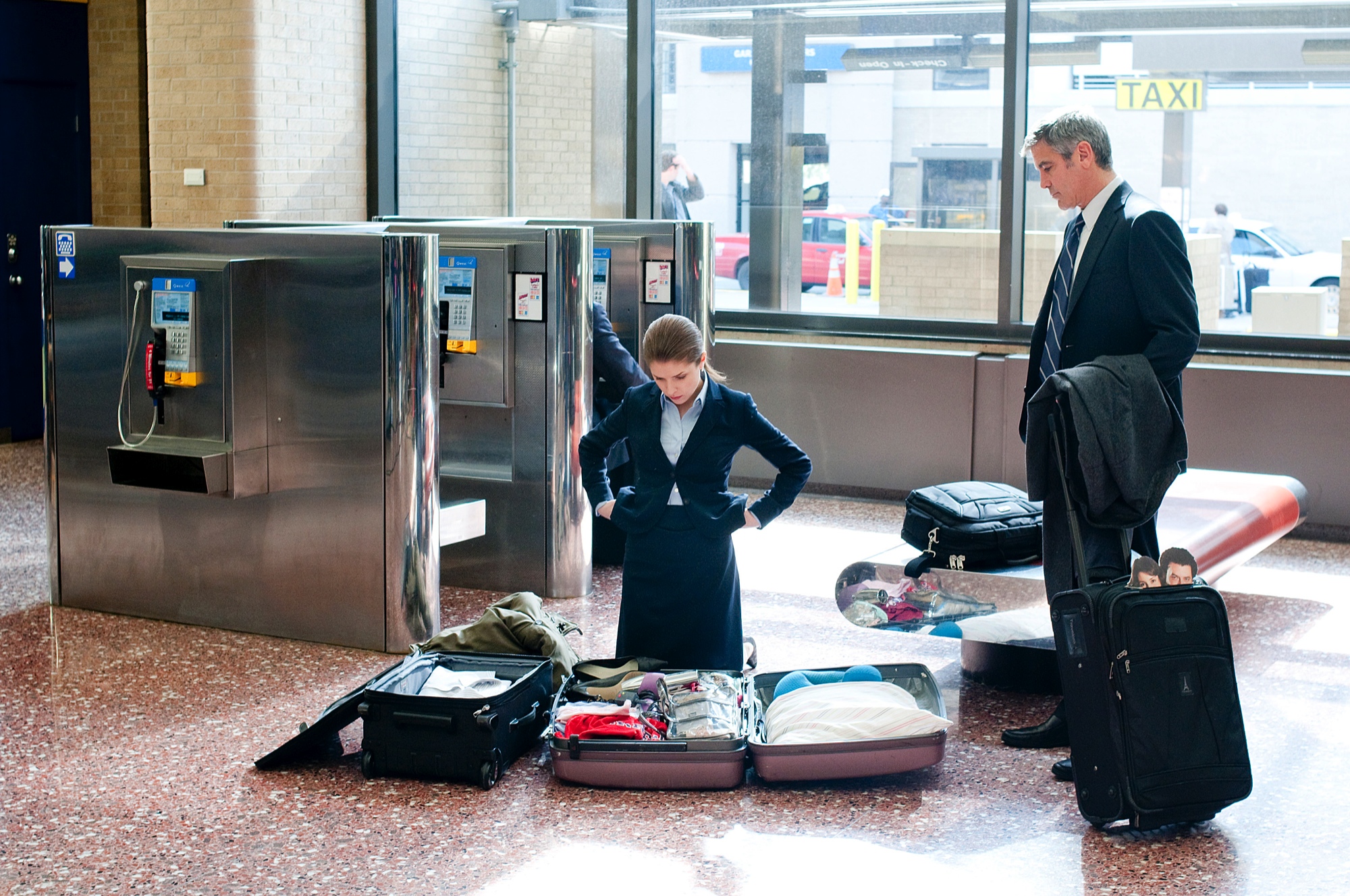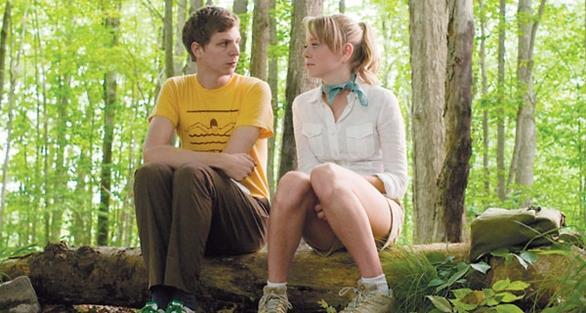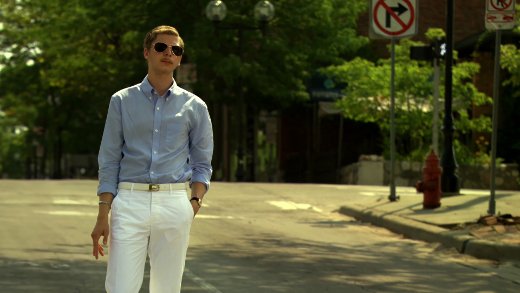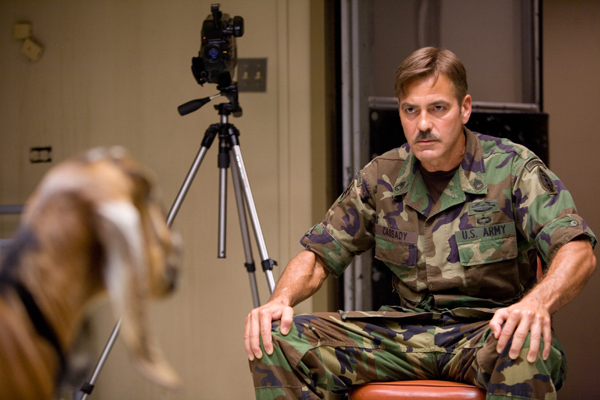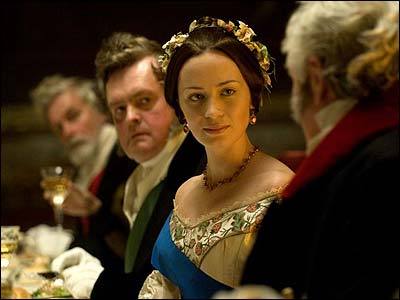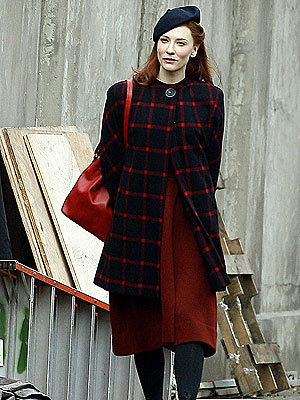I grew up on Sherlock, quite literally. I grabbed my dad's heavy volumes and looked at the original Strand etchings even before I could read the complicated stories. And Jeremy Brett IS Sherlock Holmes. Doyle himself couldn't have a qualm with that casting. So I was initially thrilled when I heard of the pairing of Robert Downey, Jr and Jude Law as the storied sleuths. Then I saw a trailer and felt betrayed. Since when was Sherlock an action hero? And Watson a slimy-looking ingrate? I even get annoyed at the Basil Rathbone films when Watson is portrayed as a bumbling fool. He is an doctor! It was explained to me that this film was being based on graphic novel, not the stories, but I wasn't satisfied. Sherlock is great - why mess with it?
Then post-Christmas ennui set in and as the family sat around eating leftovers for dinner we contemplated our entertainment options (As funny as the word "squeakquel" is, we weren't going to sit through a story about hip-hop rodents). We agreed (amazingly enough) on seeing Sherlock Holmes, all with the understanding that it not be compared to any other adaptations, or even the writings, really. I chose to think of it as a guy in Victorian London who gets involved in sci-fi adventures.
I am not an easy convert, but Sherlock ended up being a fun film and much more literary than I anticipated. The "case" was not taken from any story I am aware of, but had elements of Holmesian problems. Indeed, the consequences for not solving it in time were much more monumental than anything that Sherlock faced, except maybe the Naval Treaty.
It employed an interesting device, that was thankfully not overused, of letting us in on Holmes' thoughts and reasoning before seeing him carry it out. It works, particularly by being introduced in a boxing match, that no Guy Ritchie movie can be without.
Downey, Jr. brings a nice levity to the character, and clearly was inspired by Brett's facial tics and idiosyncrasies. Jude Law does well as Watson, but the character itself doesn't quite find its footing. I don't blame Law, but rather the storyline. It uses him as a soundboard for Holmes, which he often is, but it falters when it tries to give him his own backbone.
The heroine, if she can be called that, is played by Rachel McAdams. She too is passable, has a few scenes in which to shine, but her talent is underutilized. Her character is also the only one that drops the ball in terms of production design. Her frocks are ridiculous and hot pink. Not a good idea. The rest of the set design was superb. 221b is a fabulous mess, one can almost smell the stench of the Thames, and the villain's lairs reek of turn-of-the-century nostalgia (I am fairly certain they used the same prison yard and warehouse in Nolan's The Prestige. And I think Watson wears the same jacket as Branagh's Hamlet).
The face off with the bad guy got a bit long, and the "girl" isn't all that, but overall, the movie was very enjoyable, even for a stalwart Holmes fan. There is plenty to make a fan smile, and enough to keep a general viewer engaged. The clues were dropped is a smart way, something not often seen anymore. They weren't overt and obvious. There is nothing more annoying than knowing the answer to the mystery but having to wait 2 hours for everyone around you to figure it out. Not the case here. Ideas were subtle enough to be mysterious yet visible enough to avoid the cliche it-was-the-guy-you-never-saw-who-did-it-the-whole-time (i.e. Bone Collector).
In short, go see Sherlock Holmes, even if you think you won't like it. It won't be like any Sherlock you've seen before - but it won't be unrecognizable.




